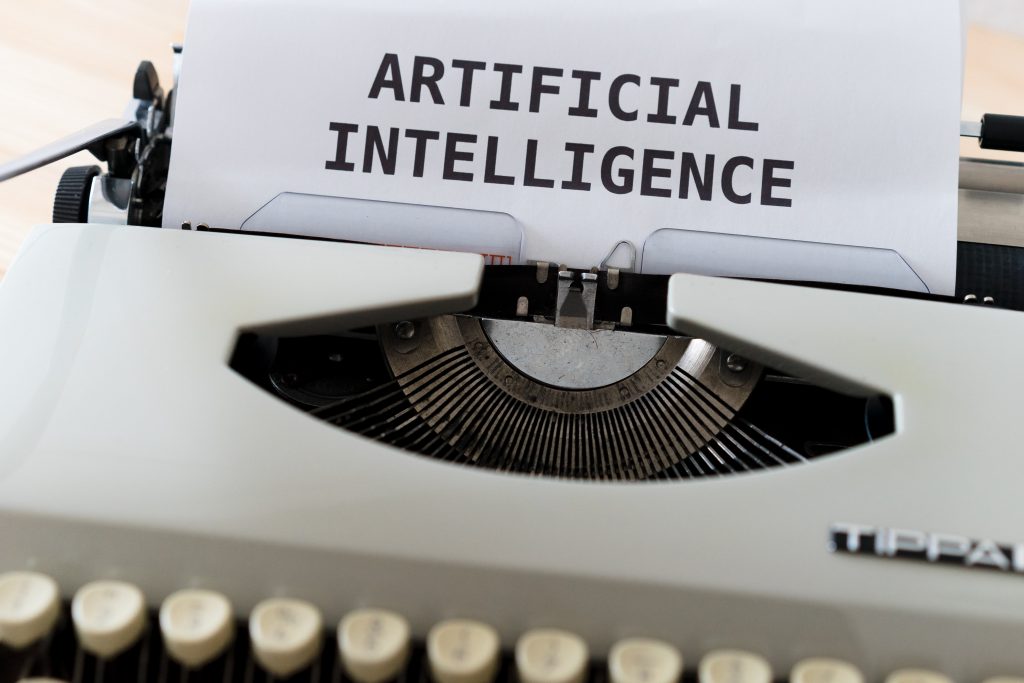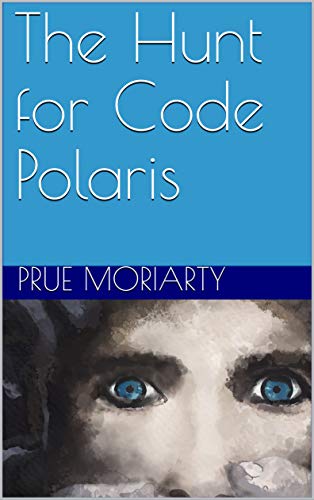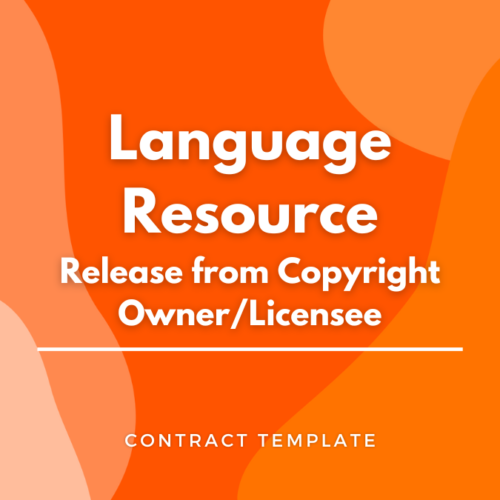Machine versus Human: Who Own the Copyright in AI Art?

Who owns the copyright in works created with the help of AI tools like OpenAI’s Jukebox? What about all the data that gets used to ‘train’ AI technology – do you need permission to use that material?
Arts Law recently created a new information sheet on Artificial Intelligence (AI) and Copyright, which you can read here. This information sheet explores how existing laws might apply to these new situations. Because this is a new and developing area of technology, the law has not caught up, so there are a lot of questions that don’t yet have concrete answers.
What is AI and how are creators using it?
There is no fixed definition of AI. Loosely, it covers any computer system(s) that can be used to perform tasks that normally require human intelligence. Those tasks could be anything from perception of visual objects and patterns to translating between languages.
These days, artists are using AI more and more to generate creative outputs (artworks, songs, poetry, and so on). In some cases, this involves lots of human input in ‘training’ the AI, and pre-selecting and editing outputs. In other cases, there is very little human input.
What about copyright?
It is not clear yet if copyright will protect work created using AI. Generally, there needs to be human authorship of a work for protection. As a result, it will probably depend on the level of human contribution to a work in each case.
The other issue is with the masses of data (which could be images, music or other works protected by copyright) that are used to ‘train’ machine learning software. Usually, when you digitally reproduce a work protected by copyright, you need permission from the copyright owner. So, as a starting point, you would assume that AI users need permission to use any copyright works they are reproducing unless they can show that an exception (like fair dealing for parody or satire) applies.
Need more help understanding how copyright applies to your next project? You can contact Arts Law using our legal query form here.




